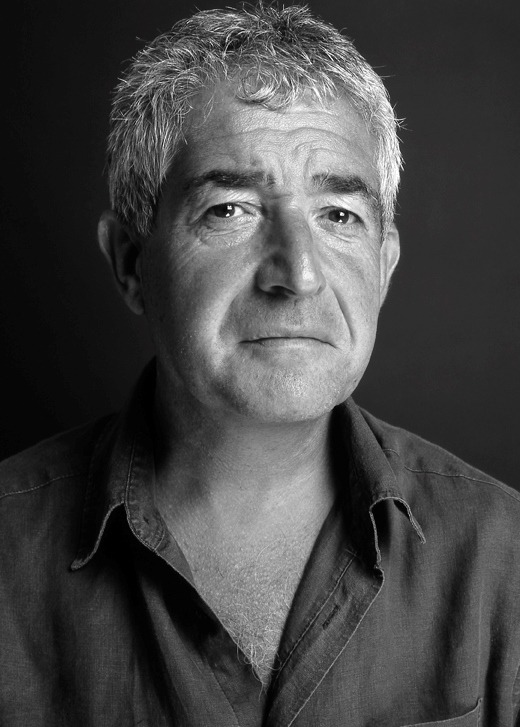Interview with Tony Juniper
Dr Tony Juniper shares his views on Environmental Change
How did you become passionate about the cause?
My work on environmental challenges originates from a childhood passion for wildlife and Nature. I was fascinated with birds, fish, trees, fossils, flowers and all the rest. Once you become immersed in all of that then you inevitably become aware of what is happening to our world, the decline and loss of species, the degradation and destruction of ecosystems and on top of all of that the spectre of rapid climate change. Having worked on environmental questions for more than 35 years, it is still Nature itself which is my biggest inspiration and motivation.
What are some of the goals you plan on achieving for England’s natural environment through Natural England?
My aim at Natural England is to lead the organisation toward achieving the aims of British Government policy, including in relation to the 25 Year Environment Plan that is a centrepiece for environmental recovery, new agriculture policies that will help land managers do more for Nature and the UK aim to achieve net-zero greenhouse emissions by 2050. All these things are of course all related to one another, and I hope we can lay the foundations for a truly integrated approach, whereby recovering wildlife populations, sustainable food production and tackling climate change can all go forward together. This in the end will be about how we use our land, making more intelligent and longer-term choices.
What role does politics play in conserving the environment and how significant is this role?
If we are to succeed in avoiding a mass extinction of species, ecosystem collapse and potentially catastrophic climate change, and indeed the many economic and social consequences coming in the wake of that, then societies need to make some major choices, and quickly. Action will need to follow from political leadership, driven forward by rising public awareness and the willingness of companies and private finance to be at the centre of the solutions. This is not a small thing and will of course rely on some real vision and urgency reflected in new policies.
What are the most important lessons you’ve learned from your time campaigning in support of the environment?
One important learning for me is the need for a strong emphasis on solutions and positive messages. Without that, the agenda can appear relentlessly gloomy, even hopeless. The inspiration that comes from solutions is vital for empowering and motivating people, whether they be individual citizens, world leaders or the heads of major corporations. With that in mind, I believe it is essential that environmentalists are relentless optimists. I’d also point to the vital need to expand public awareness, including via a strong environmental theme in education. If people can be empowered with the facts then big changes can follow. I think this is happening, in some countries faster than others, but the trend seems to be positive.
What do you believe should go hand in hand with a national Nature Recovery Network so as to achieve a holistic contribution to health, wellbeing, climate change mitigation, and wildlife recovery?
It is no longer sufficient to slow down the decline of Nature, or to make things a little less bad, we have reached the point where we must really focus on the recovery of the natural environment. This is now an explicit aim of policy in England, and that is to be warmly welcomed.
It will, however, require truly integrated and large-scale plans, working at the level of landscapes and taking actions that unite efforts to reduce climate changing emissions while at the same time adapting what is now inevitable climate impacts, and doing that at the same time as producing the food needed to sustain a rising human population. This can be done, but it will require different approaches to those hitherto at the heart of policy and practice. For too long the destruction of the natural environment has been seen as the price of progress, the cost we must pay to achieve economic growth. We can’t carry on like that any longer though, and in the end we will see economic costs mounting to the point where environmental damage is really undermining social and economic progress. This marks a big mindset shift, but there is evidence it is beginning to happen.
Dr Tony Juniper CBE. Environmentalist
See Tony at Emirates Airline Festival of Literature, 4-9 February 2020
Tony Juniper: What Has Nature Ever Done for Us?
Friday 07 February, 10:00 – 11:00,
Language: English with simultaneous Arabic translation
Do you believe we have to make a choice between nature and economic development? Or is this a dangerous misconception of modern society?
Internationally recognised campaigner and sustainability advisor Tony Juniper CBE argues that 100% of our economic development and well-being is based upon the services nature provides for us. Yet we take most of nature’s services for granted, imagining them free and limitless until they suddenly switch off.
Get ready to have Tony change the way you think about life, the planet and the economy.




